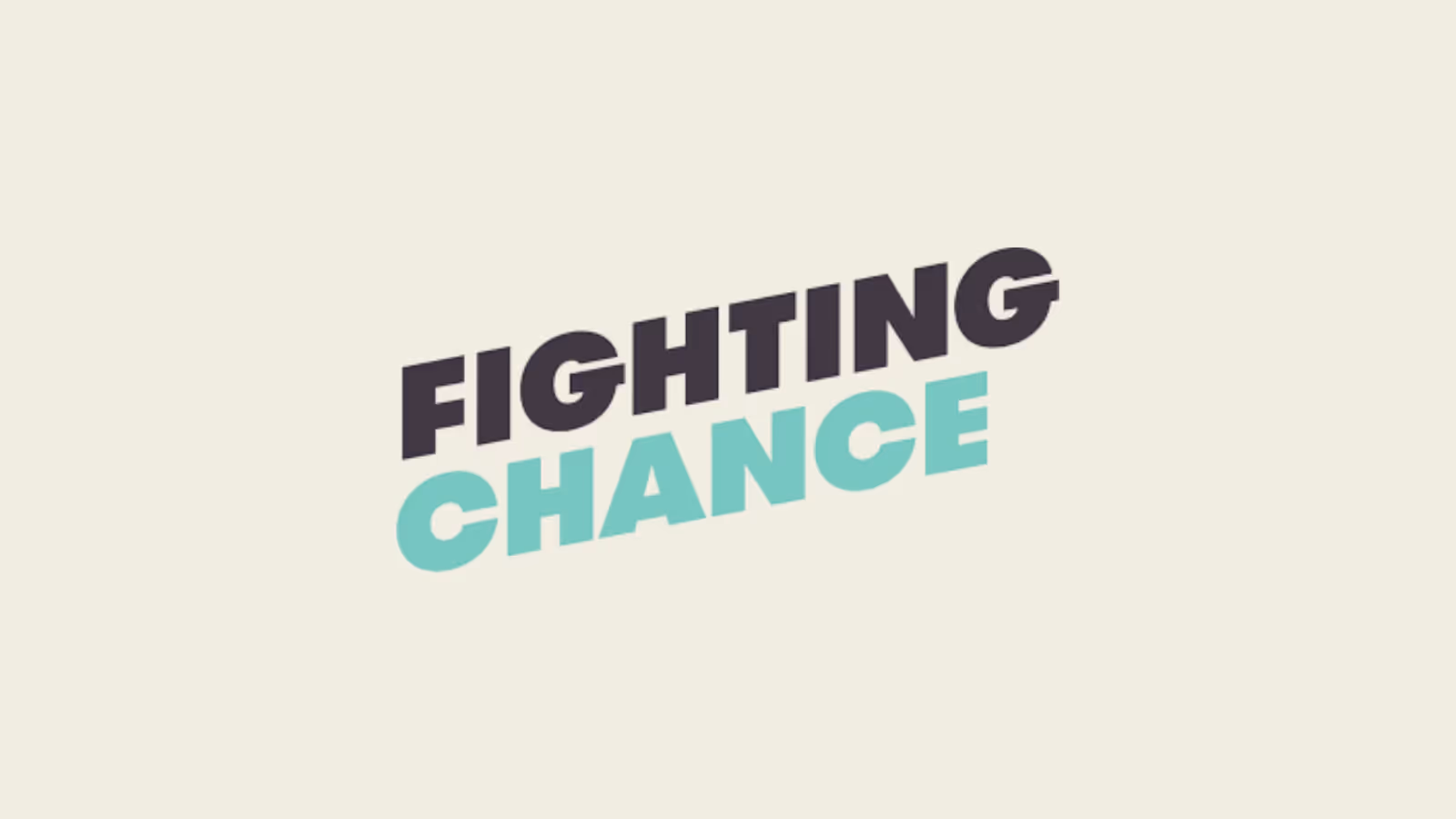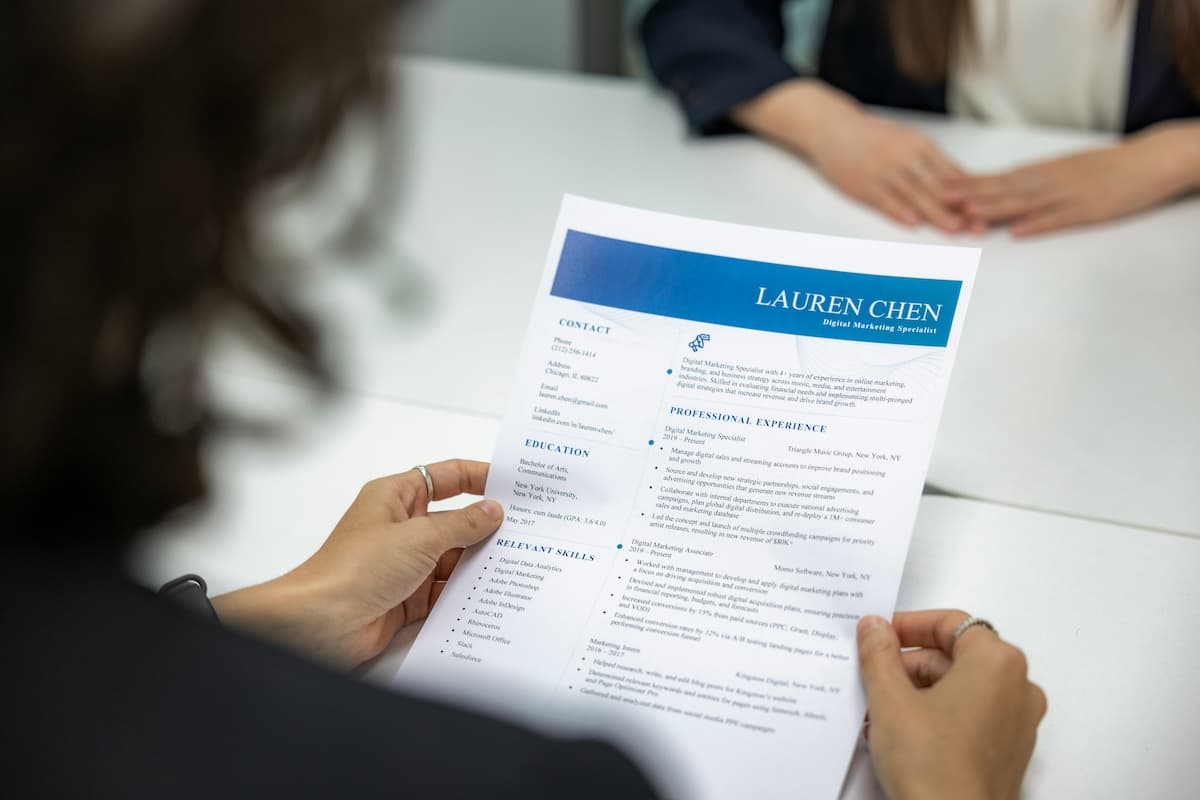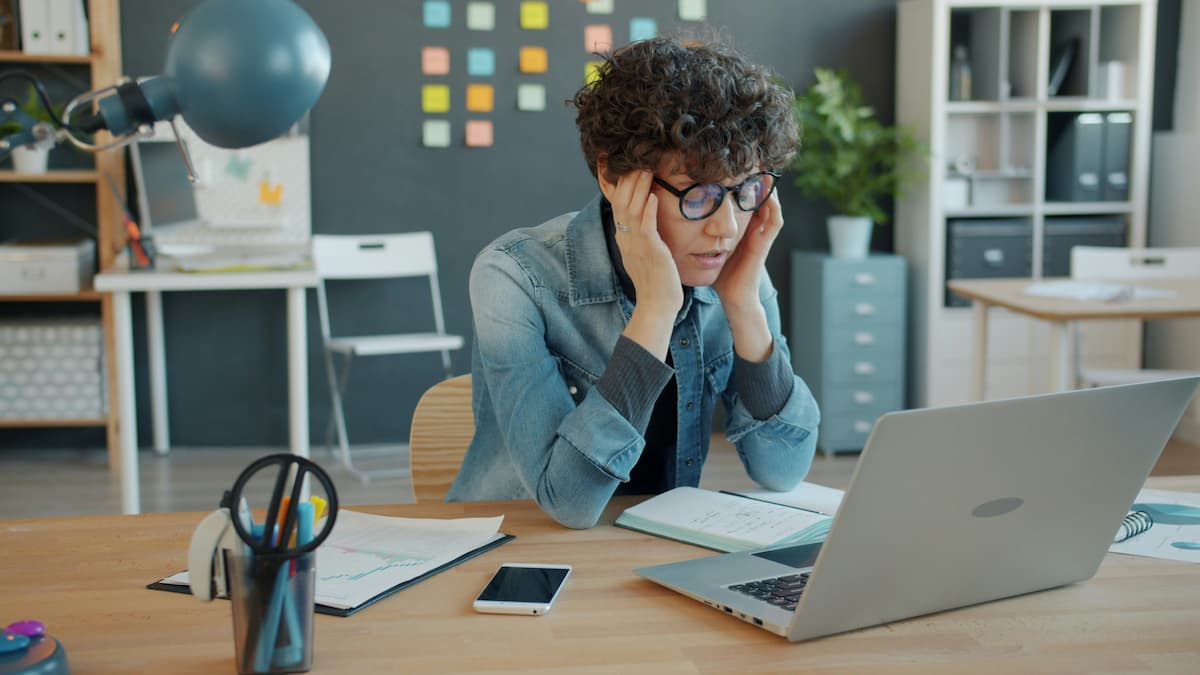Mental health care’s ‘Missing Middle’
The “missing middle” in mental health—options to better support worker wellbeing.

Challenges with accessing mental health care
You might have heard or read about how difficult it is to get mental health support in Australia at the moment. Australia’s mental health care system was under pressure before COVID but the pandemic made things significantly worse – mental health services are in high demand and many psychiatrists and psychologists have closed their books to new clients or have lengthy waiting lists, sometimes up to 3-6months long. The costs of accessing psychology or psychiatry sessions can also be very high, and are a barrier for many people, particularly as we’re facing increasing cost of living pressures
If someone is really unwell or in crisis, they can be admitted to a mental health ward in a hospital, but hospital beds are often under pressure also: only the most unwell people are admitted to hospital in Australia (having said that, if you or a loved one are in crisis and unable to stay safe, call 000 or go to your local emergency department straight away).
This leaves an awkward gap that’s sometimes called the ‘missing middle’ of mental health in Australia: people who need help; but don’t need to be admitted to hospital; but can’t get an appointment with a psychologist or psychiatrist in the next two weeks; or, if they can, they can’t afford to pay for that appointment.
What are my options for getting mental health support?
If you or someone you care about fits that bill, it’s understandable that you might be feeling disempowered, frustrated, and like there’s nothing you can do about it.
The good news is, there are a couple of ways you can get help:
Better Access Program
Better Access (sometimes called a mental health care plan) – this Australian Government program provides for a maximum of 10 subsidised individual sessions annually with a psychologist, and a maximum of 10 subsidised group sessions. A couple of things to know about the Better Access Program:
You can ask for your plan to be telehealth (i.e. sessions over the phone or Zoom), which can make it a lot easier to access support, especially if you live in a rural or remote area or find it hard to make time to commute to an in-person appointment
A GP needs to diagnose you with a mental health condition and draw up a mental health care plan for you before you can get rebates through Better Access
Psychologists and psychiatrists using the Better Access scheme have to use an evidence-based therapy: you can be reassured that the care you’re getting is backed up by evidence
Most psychologists or psychiatrists charge a ‘gap’ free for sessions under Better Access, so you will most likely have some out of pocket costs – it’s subsidized, not free, but still much cheaper than booking in with a psychologist or psychiatrist without a Better Access plan
There are limits to the sessions available under Better Access – you can usually only get up a maximum of 10 individual and 10 group sessions subsidised with a psychologist (this used to be up to 20 individual sessions during COVID lockdowns but has been pulled back to 10)
Once you have access to your plan, wait lists for psychologists can still be very long (3-6 months), although often you can ask to go on a cancelation list to get seen sooner
The GP will need to draw up a new plan for you if you’re not connecting with the psychologist on your plan and want to change to a different psychologist.
Employer-Provided EAPs
Employee Assistance Programs (EAP) services like Foremind – these services are provided by employers for their employees and offer free, confidential counselling sessions, usually limited to 3-6 sessions per year. A couple of things to note about the Foremind EAP programs:
- they are free for the person using them up to the session limit set by your employer (usually 3-6 sessions per year)
- there’s no need for a GP referral or to let your boss/HR know – you can jump on the app and book yourself in
- you don’t need to be diagnosed with a mental health condition to get access to Foremind EAP
- wait times are normally shorter – Foremind EAP has sessions available with counsellors within a couple of days/weeks
- Foremind counsellors work remotely (via telephone or zoom) as well as face which lets you choose what suits you
- Foremind only recruits registered counsellors with the Australian Counselling Association (ACA), which sets minimum standards for counsellor qualifications, supervision and ongoing professional development – this means Foremind counsellors are at a quality professional standard
School Counsellors
Many schools have a counsellor available to students. If you’re a parent of a child who is struggling with their mental health, it is worth asking if your child’s school has a counsellor and if they have availability to support your child at school.
- Helplines – in need of support in the middle of the night or on the weekend? There are a couple of helplines that are available to help you out, including:
- Lifeline – 13 11 14 – 24/7 telephone crisis support, free and confidential
- Beyond Blue – 24/7 support for your mental health, free and confidential
If someone is really unwell or in crisis, they can be admitted to a mental health ward in a hospital, but hospital beds are often under pressure also: only the most unwell people are admitted to hospital in Australia (having said that, if you or a loved one are in crisis and unable to stay safe, call 000 or go to your local emergency department straight away).
This leaves an awkward gap that’s sometimes called the ‘missing middle’ of mental health in Australia: people who need help; but don’t need to be admitted to hospital; but can’t get an appointment with a psychologist or psychiatrist in the next two weeks; or, if they can, they can’t afford to pay for that appointment.
Meet in the middle?
If you’ve ever tried to navigate the mental health care system, you’ll know that it can be confusing at a time when you or a loved one are most in need of compassionate and timely support.
While it’s not perfect, we hope that being aware of some options to meet in the middle – like seeing a Foremind EAP counsellor for some sessions while you wait to see a psychologist or a psychiatrist – can help keep you and your family healthy and well.
Need help now? Call:
- Lifeline: 13 11 14
- Beyond Blue: 1300 22 4636
- Mates In Construction: 1300 642 111
Find out more about how we are improving mental health in construction!

Hello 👋 I’m Joel the founder of Foremind.
Are you ready for simplified support & compliance?
Latest insights
Answers to the frequently asked questions.
Email us at enquiries@foremind.com.au and we'll get back to you quickly with a response
Yes, we have culturally competent counsellors available, including those able to work with first nation and CALD employees.
Onshore on secure AWS Servers in Sydney Australia. All data is encrypted in transit and at rest and our entire team is located in Australia.
Employees can access our platform on any device (mobile, laptop, desktop, etc.) as long you have the website link - no need to download any app on devices. You wouldn’t need to enrol any of your staff individually.- When we do our onboarding, we ask for the first name, last name and email of all your employees, and send out an email invite to all them which will allow them to create their own individual account to access the platform. For new staff we can also invite them or provide you with a unique link to embed in your onboarding process, whichever is more convenient for you. We also kick things off with a launch webinar or video to make sure everyone is aware of Foremind and how to use it. We’ll also provide you with any collateral such as posters, QR codes, brochures etc. to help drive awareness and encourage people to create an account in the platform.
The support line is answered by our reception service 24/7. It is for urgent platform or session-related issues only (e.g. *“My counsellor didn’t show”*) or helping staff create an account.






